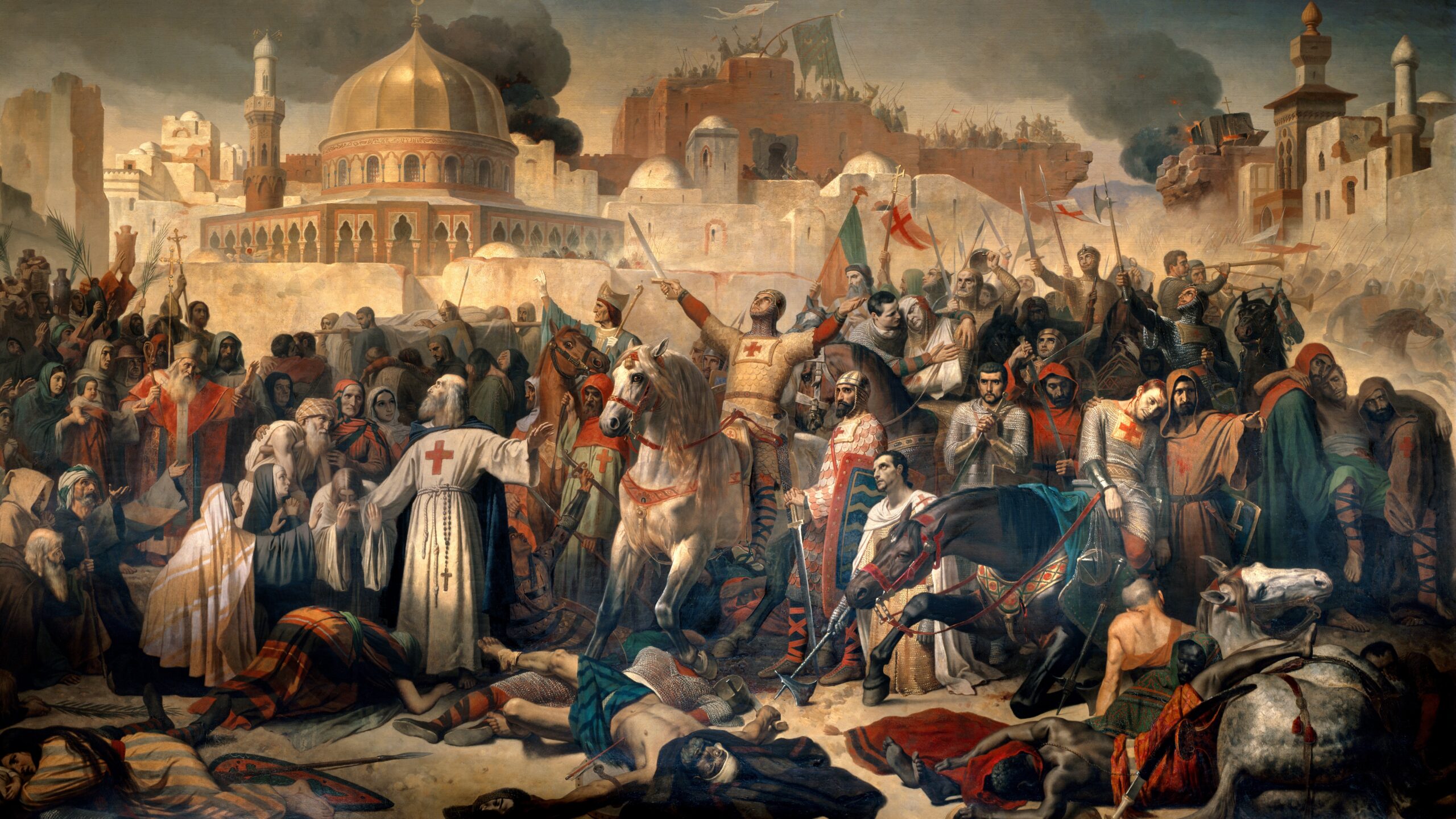III. The Crusades against Islam

The Campaigns were a progression of military missions sent off by Christian powers from Europe against Muslim domains in the Center East and North Africa. The Campaigns started in 1096 and went on for very nearly 200 years, with different Christian realms and orders taking part in the missions.
The Campaigns were to a great extent propelled by a longing to retake Jerusalem and other heavenly locales from Muslim control. The missions were additionally determined by political and monetary contemplations, as numerous Christian realms tried to extend their regions and get close enough to new shipping lanes.
The effect of the Campaigns on the Muslim world was huge. Muslim domains in the Center East and North Africa were exposed to rehashed assaults and attacks, bringing about boundless obliteration and death toll. The Campaigns likewise lastingly affected the connection among Christians and Muslims, energizing hundreds of years of enmity and struggle between the two gatherings.
Regardless of the huge military triumphs of the Campaigns, their effect on the general overall influence in the locale was restricted. Muslim powers were in the end ready to repulse the Crusaders and keep up with their command over the regions they had won. In any case, the drawn out impacts of the Campaigns were extensive, adding to the decay of the Muslim world and the possible ascent of European provincial powers in the Center East and North Africa.
Major Encounters and Actors (1092-1228)
There were a few significant experiences and entertainers during the time of the Campaigns against Islam (1092-1228). Probably the most huge are:
1. The First Campaign (1096-1099): This was the principal significant mission sent off by Christian powers against Muslim domains in the Center East. Driven by European knights and aristocrats, the Principal Campaign brought about the catch of Jerusalem and the foundation of a few Christian realms in the district.
2. The Clash of Hattin (1187): This was a significant military experience between the Muslim powers drove by Saladin and the Christian powers drove by Lord Fellow of Jerusalem. The Muslim triumph at Hattin brought about the recover of Jerusalem by Muslim powers and denoted a huge defining moment in the Campaigns.
3. The Third Campaign (1189-1192): This was a reaction to the recover of Jerusalem by Muslim powers and was driven by a few noticeable European rulers, including Richard the Lionheart of Britain and Philip II of France. The Campaign brought about a détente between the Christian and Muslim powers, permitting Christian explorers to visit Jerusalem.
4. The Fourth Campaign (1202-1204): This mission was sent off by European knights and aristocrats determined to recover Jerusalem. Notwithstanding, it was redirected to Constantinople, where the Crusaders terminated the city and laid out a brief Latin Domain in the district.
5. Saladin: Saladin was a Muslim military pioneer and ruler who assumed a vital part in the Campaigns. He was liable for the recover of Jerusalem in 1187 and is recognized as an image of Muslim obstruction against Christian hostility.
In general, the Campaigns against Islam were set apart by a progression of significant experiences and entertainers, every one of which assumed a huge part in forming the result of the missions and the general course of history in the locale.
Impact of the Crusades on Muslim-Christian Relations
The Campaigns fundamentally affected Muslim-Christian relations, both in the short and long haul. At first, the Campaigns made a lot of antagonism and ill will among Muslims and Christians, as the missions were frequently set apart by viciousness, obliteration, and the despoiling of blessed locales on the two sides.
The Campaigns likewise significantly affected the Muslim world, as they filled in as a revitalizing weep for solidarity and obstruction against outer hostility. Muslim pioneers and researchers underscored the significance of guarding their confidence and their properties from Christian trespassers, and the memory of the Campaigns stayed a strong image of Muslim personality and opposition into the indefinite future.
In the long haul, the Campaigns likewise affected the connection among Islam and the West. The missions made an enduring tradition of doubt and misconstruing between the two societies, as Europeans frequently defamed and mimicked Muslims in their writing and workmanship, and Muslims considered Westerners to be forceful and expansionist.
Regardless of these pressures, be that as it may, there were likewise snapshots of social trade and collaboration during the Campaigns, especially in the space of science, reasoning, and medication. Muslim researchers made significant commitments to the advancement of these fields, which were subsequently communicated to Europe and assisted with molding the scholarly and social scene of the West.
In general, the Campaigns affected Muslim-Christian relations, molding the course of history and forming the social and scholarly scene of the cutting edge world.